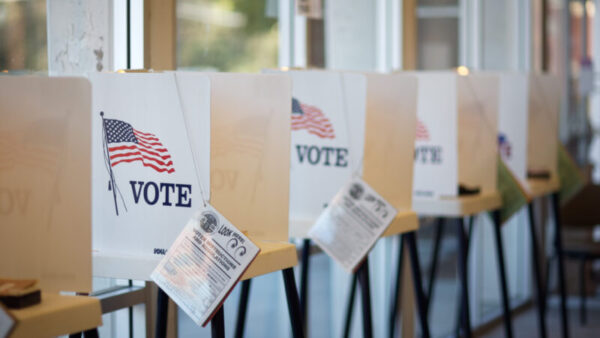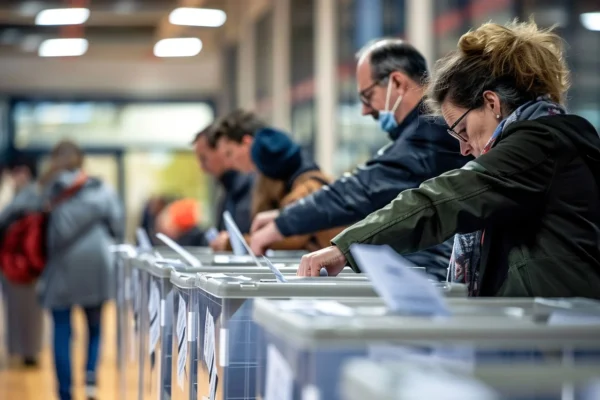This Election Season, the ACLU Won Three of Five Against the Vote Suppressors


When voters in three states go to the polls tomorrow, they won’t have to deal with unnecessary burdens and restrictions before stepping into the voting booth and pulling the curtain behind them. That’s because the ACLU challenged five voter suppression laws in various parts of the country in the run up to tomorrow’s election. As a result of our work, three of those five laws are not in effect for this election. Here’s how the ACLU took 3 of 5 from the vote suppressors:
Pennsylvania. On January 17, a Pennsylvania state judge permanently blocked Pennsylvania's strict voter ID law. On May 8, Gov. Tom Corbett announced that Pennsylvania will not appeal the ruling, effectively killing voter ID in the commonwealth for this election and beyond.
Ohio. On September 29, the Supreme Court gave the green light to Ohio’s elimination of a week of early voting, evening voting hours, and same-day registration. Earlier, a panel of the U.S. Court of Appeals for the Sixth Circuit unanimously ruled that those restrictions violated the Constitution and the federal Voting Rights Act. Unfortunately, less than 18 hours before early voting was scheduled to begin, the Supreme Court stayed the lower court’s ruling by a 5-4 vote. Ohio’s early voting cutbacks are in effect for November. Attorney General Eric Holder called the decision “a major step backwards” for voting rights.
North Carolina. On October 8, the Supreme Court issued a ruling permitting North Carolina to eliminate same-day registration and out-of-precinct voting. Previously, a panel of the U.S. Court of Appeals for the Fourth Circuit issued a ruling blocking those measures under the Voting Rights Act, noting that more than 20,000 voters had used same-day registration during the last midterm election in North Carolina. The Supreme Court, however, stayed that ruling, meaning that these methods of registration and voting are unavailable in this year’s election.
Wisconsin. On October 9, the Supreme Court blocked Wisconsin’s voter ID for the upcoming election. Earlier, a panel of the U.S. Court of Appeals for the Seventh Circuit had issued a ruling permitting Wisconsin’s voter ID law to go into effect this November. That ruling, which came after over 11,000 ballots had already been mailed, would have changed the rules of the game in an election already underway, effectively disenfranchising any voters who had already cast a ballot. The ACLU quickly filed a motion in the U.S. Supreme Court, which was granted by a 6-3 vote, effectively blocking the voter ID law for November.
Arkansas. On October 15, the Arkansas Supreme Court unanimously ruled that Arkansas’ strict voter ID law violates the Arkansas Constitution. Approximately 1,000 voters had been disenfranchised by the ID law in the primaries earlier this year. Because the Arkansas Supreme Court’s decision is on state constitutional grounds, its ruling marks the end of voter ID in Arkansas.
But the fight goes on. The rulings in Ohio, North Carolina, and Wisconsin applied only to tomorrow’s elections. They were not final judgments on the merits. This means we will continue to litigate these cases next year, when we hope to tilt the balance decisively in favor of ordinary voters who are at risk of being fenced out of our democracy through unsavory tactics meant to suppress the vote.
Learn more about voter suppression and other civil liberty issues: Sign up for breaking news alerts, follow us on Twitter, and like us on Facebook.



